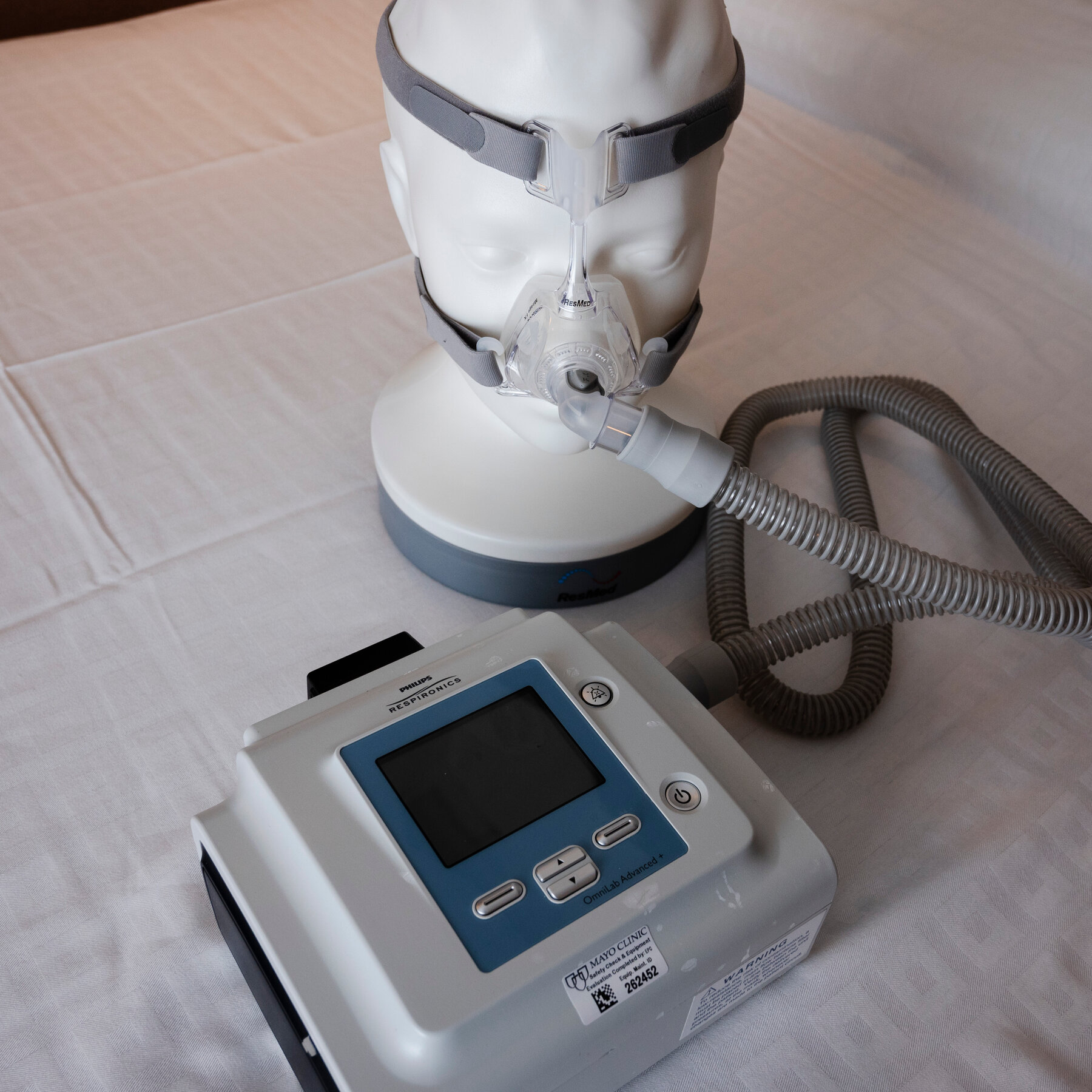
CPAP, CPAP Mask, and Ventilator Recalls
CPAP, CPAP Mask, and Ventilator Recalls: Key Information and Resources for Patients
Continuous Positive Airway Pressure (CPAP) devices, CPAP masks, and ventilators are essential tools for managing sleep apnea and other respiratory conditions. However, in recent years, several recalls have affected these devices, raising concerns for patients who rely on them. Understanding the reasons for these recalls, what steps to take, and where to find reliable information is critical to ensuring your safety and well-being.
In this article, we’ll cover essential information and highlight top resources for navigating CPAP, CPAP mask, and ventilator recalls, so you can stay informed and proactive in managing your treatment.
Recent CPAP, CPAP Mask, and Ventilator Recalls: What You Need to Know
Several manufacturers have issued recalls in recent years due to various safety concerns. The most significant recall involved Philips Respironics, affecting millions of CPAP, BiPAP, and ventilator devices worldwide. Other recalls have also occurred involving masks and ventilators from different manufacturers. The primary concerns behind these recalls include:
Degradation of foam materials: In 2021, Philips Respironics recalled a large number of CPAP, BiPAP, and ventilators due to potential health risks associated with the breakdown of polyester-based polyurethane (PE-PUR) foam used for soundproofing. When the foam degrades, it can release harmful chemicals and particles, which may be inhaled or ingested by users.
Magnetic headgear issues: Some recalls have involved CPAP masks with magnetic headgear that may interfere with implanted medical devices like pacemakers, cochlear implants, and neurostimulators. The proximity of the mask's magnets to these devices can cause malfunctions, posing significant health risks for patients with such implants. This prompted recalls and warnings from multiple manufacturers.
Other safety issues: Other recalls have related to faulty components or design flaws that impact the efficacy or safety of the device.
U.S. Food and Drug Administration (FDA) - Medical Device Recalls
The FDA is the regulatory body overseeing the safety of medical devices in the U.S., including CPAP machines, masks, and ventilators. Their website, FDA Medical Device Recalls, is an essential resource for staying updated on current and past recalls. Here’s what you’ll find:
Recall database: Search for specific device recalls using the FDA’s comprehensive database.
Safety notices: Get information on why devices were recalled and potential risks.
Next steps for patients: The FDA offers guidance on what to do if your device is affected by a recall.
Philips Respironics Recall Information
The Philips Respironics recall is one of the largest and most widely known CPAP and ventilator recalls. If you’re using a Philips device, their dedicated recall website, Philips Recall Information, provides key details, including:
Affected devices: A list of recalled CPAP, BiPAP, and ventilator models.
Replacement program: Information on how to register for a replacement or repair of your affected device.
Health risks: Explanation of the potential health risks related to the foam degradation issue and magnet concerns.
FAQs: Common questions and answers for patients and caregivers.
American Sleep Apnea Association (ASAA)
The American Sleep Apnea Association (ASAA) is an excellent resource for sleep apnea patients, and they have been actively involved in helping users affected by the Philips recall. On their website, ASAA Recall Resource Page, you’ll find:
Patient stories: Real-life experiences from patients affected by the recall.
Next steps: Guidance on what to do if your CPAP machine or mask is part of the recall.
Latest updates: Ongoing news and developments about the recall and replacement process.
ResMed Recall Information
Although the Philips recall has received the most attention, other manufacturers have had recalls in recent years. ResMed, another major CPAP manufacturer, maintains a ResMed Recalls page, where patients can find:
List of affected products: Current and historical recalls of ResMed devices, including masks and CPAP machines.
Magnetic mask recalls: ResMed includes specific warnings and recall notices for masks using magnetic headgear, detailing risks for patients with implanted medical devices.
Customer support: Links to contact ResMed for further assistance or product replacement.
MedWatch: The FDA Safety Information and Adverse Event Reporting Program
If your device has been recalled, you can also report any adverse effects to the FDA through their MedWatch program. MedWatch is designed to:
Report problems: Easily report any health problems or issues you’ve experienced with your CPAP, mask, or ventilator.
Receive safety alerts: Sign up for updates on medical device recalls and safety information.
Conclusion
While CPAP, CPAP mask, and ventilator recalls can be stressful, staying informed and taking action is essential for your safety and health. Patients using masks with magnetic headgear, in particular, should be aware of potential risks if they have certain medical implants. By utilizing the resources listed above, you can better understand the recall process, explore alternative treatments, and take the necessary steps to ensure you’re receiving safe and effective care.
If your device has been recalled, make sure to contact your healthcare provider or durable medical equipment (DME) supplier to discuss next steps. In the meantime, explore these reliable resources to stay updated and empowered throughout the recall process.
For professional guidance, consider scheduling a consultation with TriCity Lung & Sleep to discuss your treatment options and ensure your sleep apnea or respiratory condition continues to be managed effectively during this time.